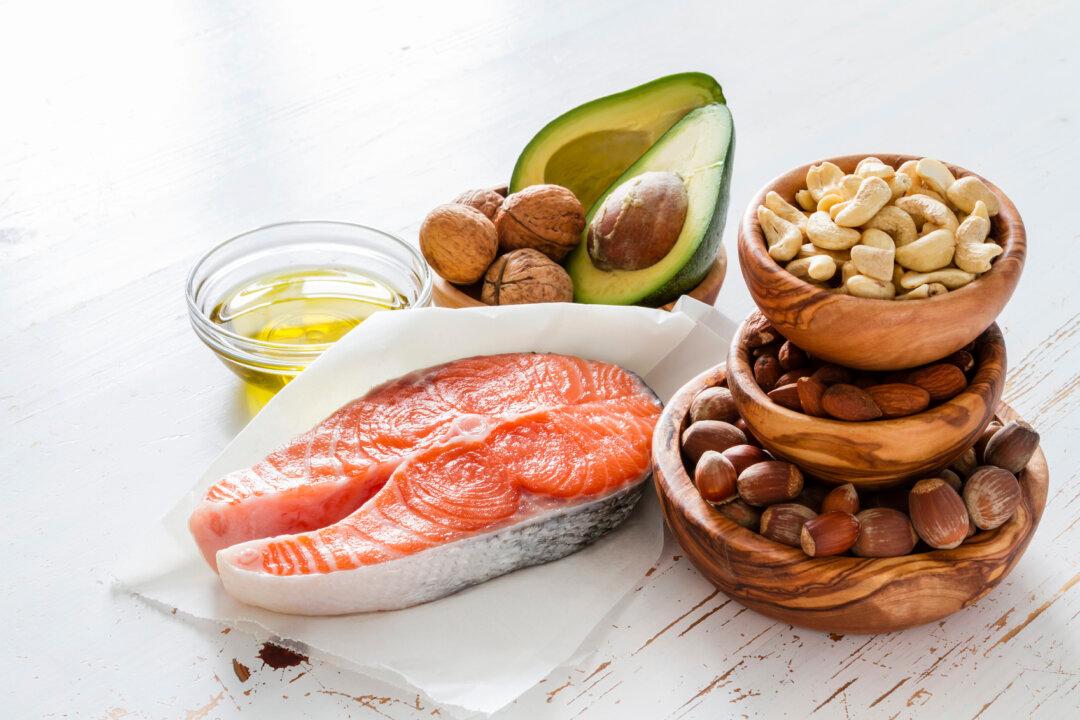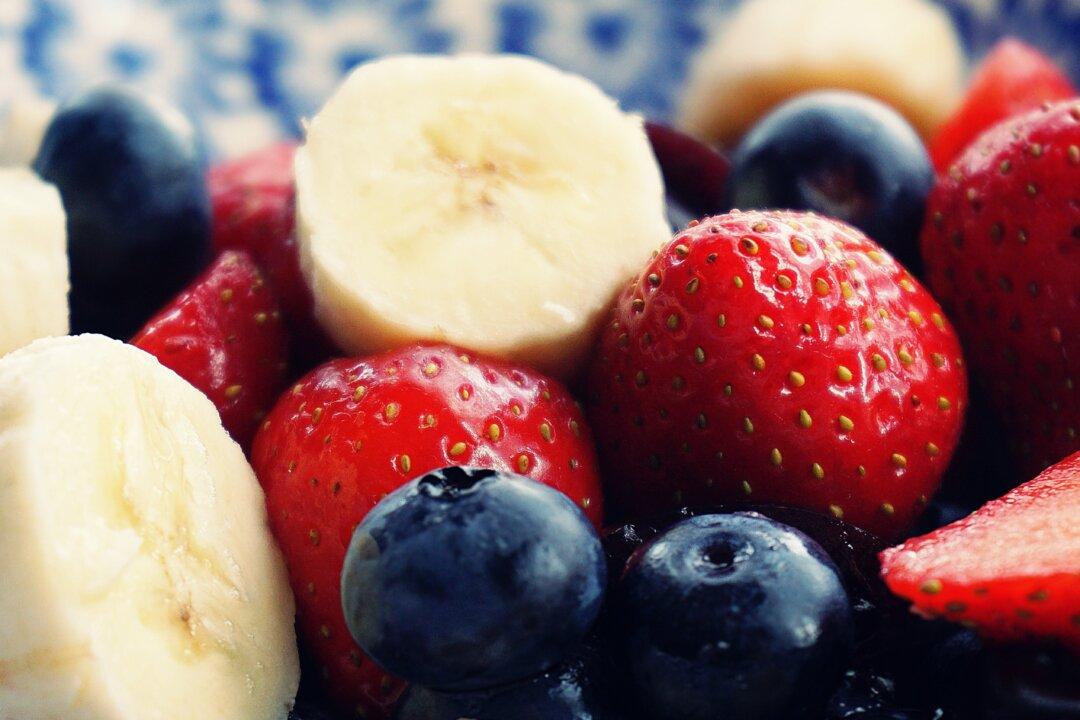By David Jockers, Organic Lifestyle Magazine
Alzheimer’s disease is one of the fastest growing diseases in the industrial world. It is characterized by massive degeneration of the brain that causes disruptions in memory, cognition, and personality. Ultimately, Alzheimer’s results in death. Approximately, 5.4 million Americans have Alzheimer’s and that number is expected to go up to 15 million by the year 2050. Take action now to prevent and reverse Alzheimer’s disease with natural strategies.





